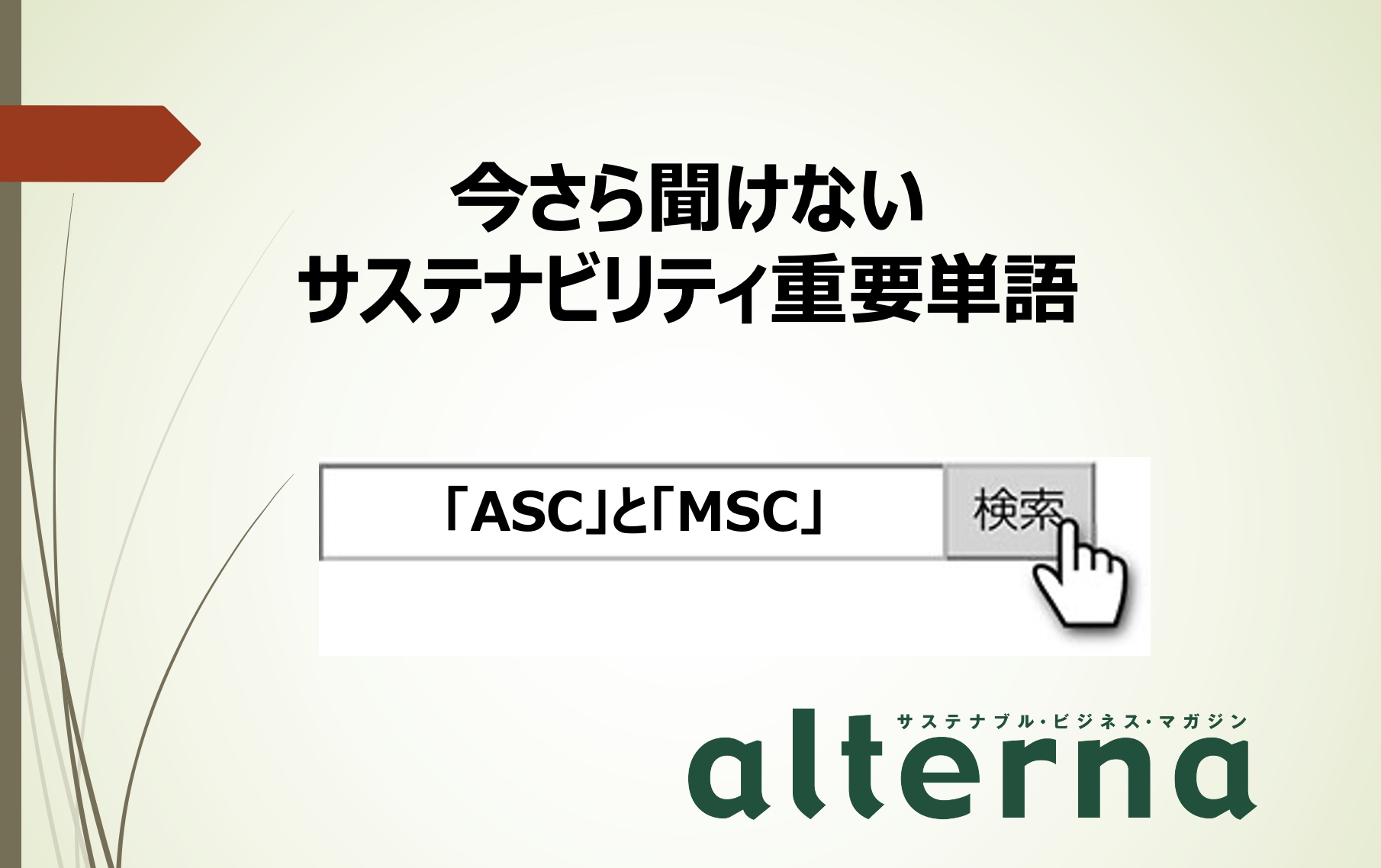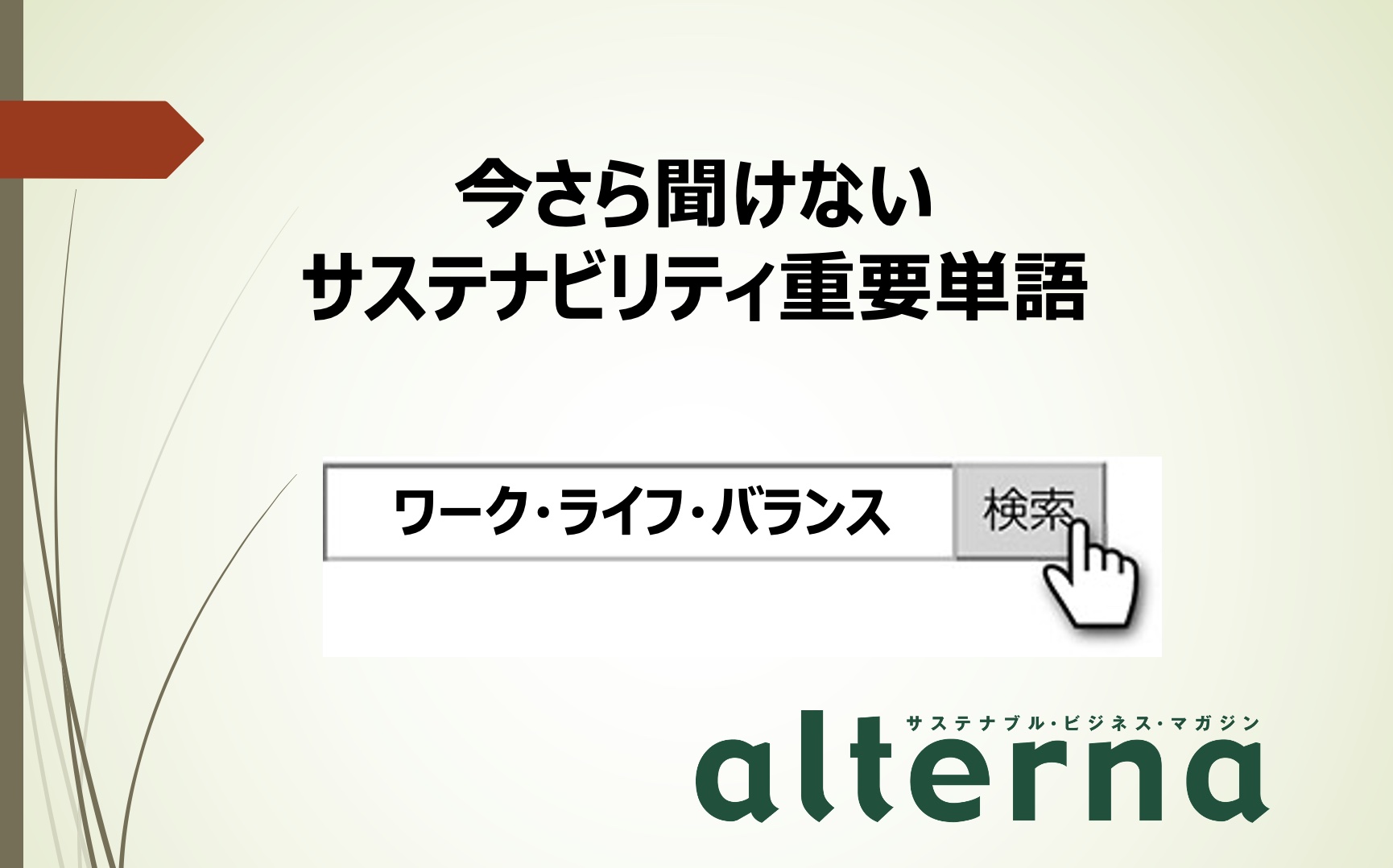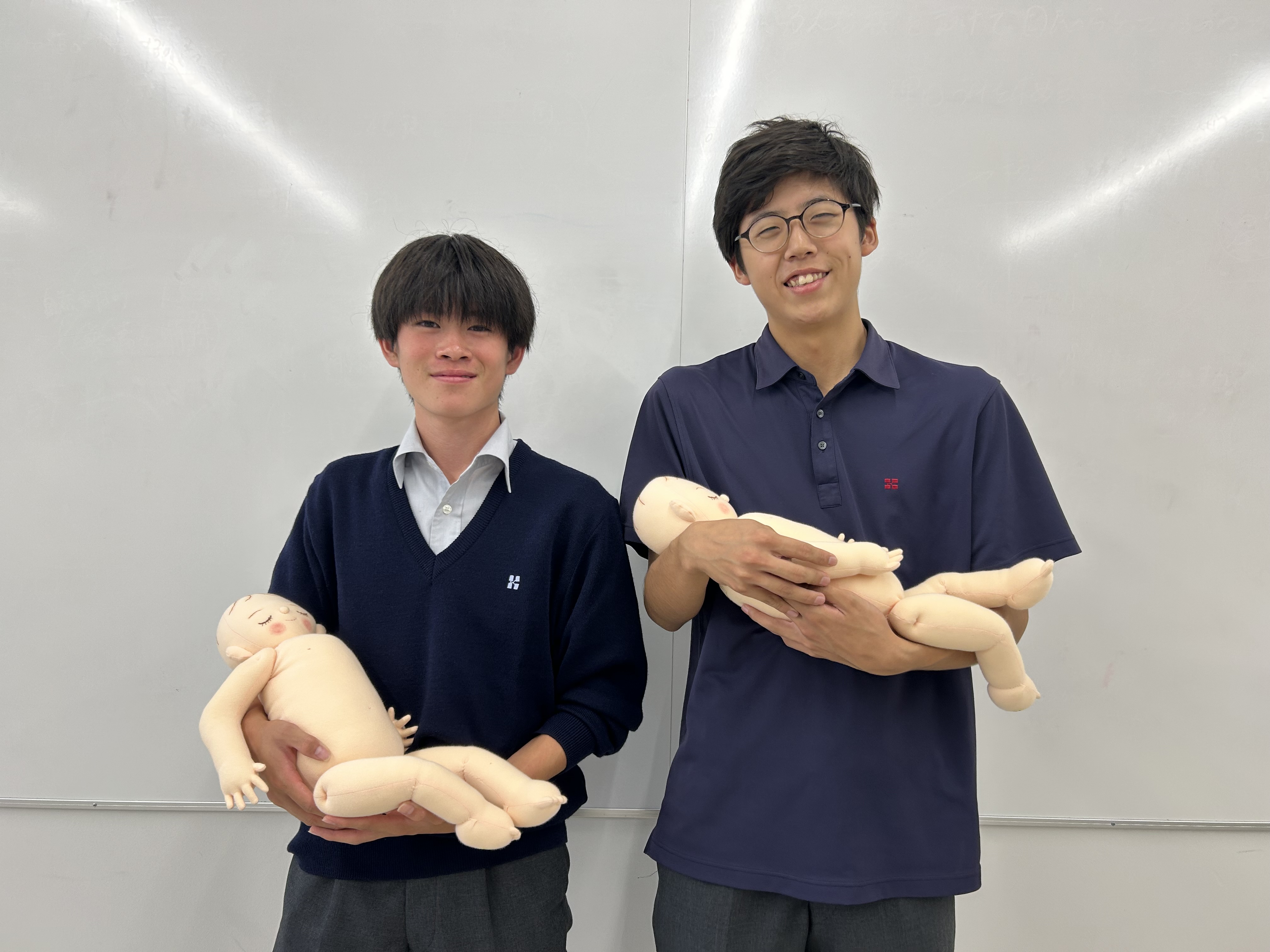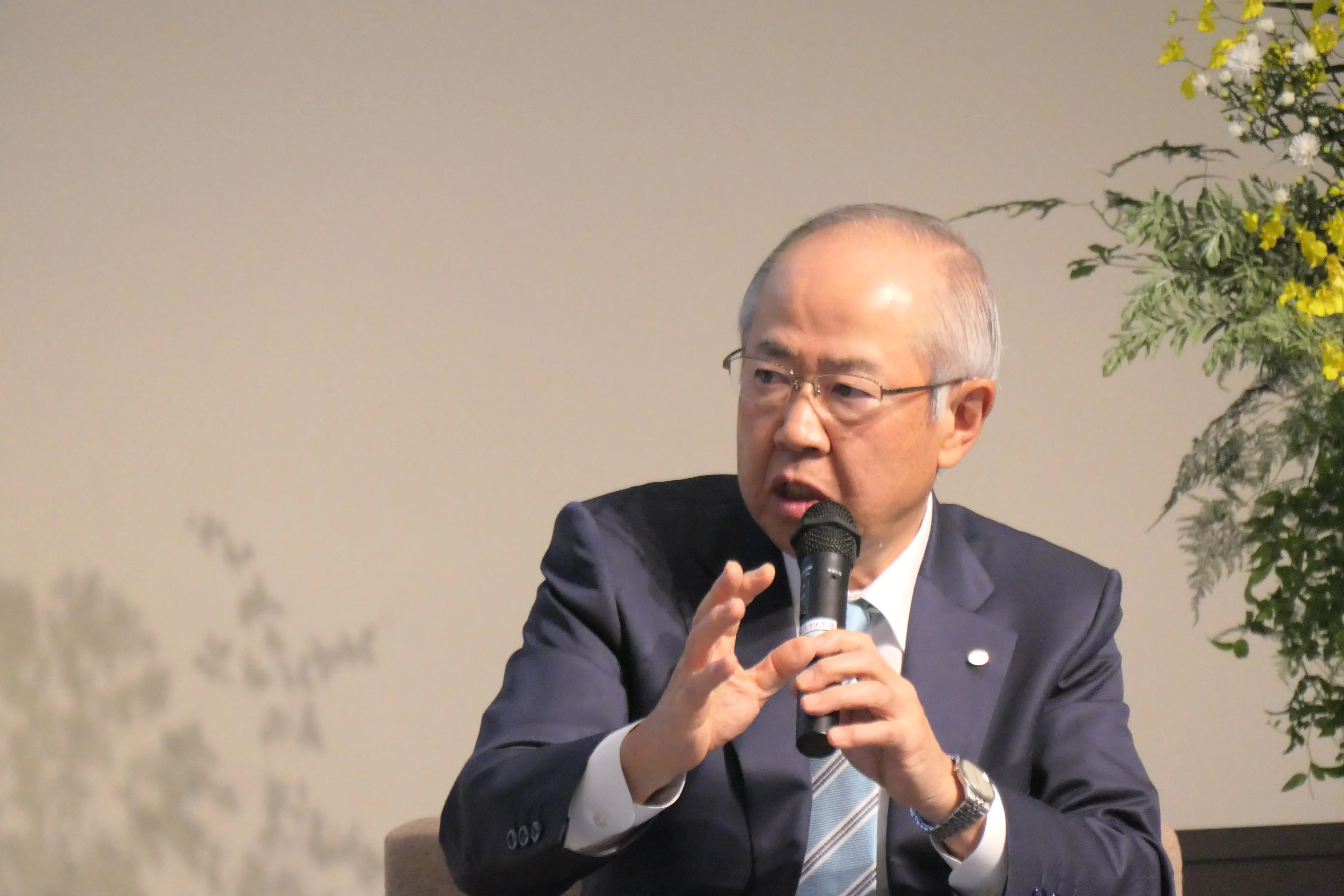Spring to Action
One of my fondest memories of spring in Tokyo is running a six-kilometer loop around the Imperial Palace through the large Sakuradamon Gate. Some cherry trees were in full bloom and others were falling like snow. I passed a group of children carrying new backpacks and wearing yellow hats and blue blazers. They were collecting cherry petals from the sidewalk and throwing them in the air like confetti. Today was their first day of school, and they were getting a spontaneous lesson about the beauty of Nature. They were the lucky ones, I thought.
In countries throughout the developing world, education is usually not free. Families are often charged monthly or annual school fees by the local government to pay for the operation and maintenance of schools. Many families cannot afford the relatively high cost of school fees or are unable to forego the income of a working child. Currently, there are an estimated 77 million primary aged children (ages 6 to 11) who are out of school. Of these, 44 million are girls. Once you include secondary school, the number is even more shocking – over 250 million potential students who should be learning, but aren’t.
The benefits of education are irrefutable. Providing girls one year of extra education beyond the average boosts wages by 15 percent. Infant mortality decreases 8 percent for each year a woman stays in school. In Africa, children of mothers who receive five years of primary education are 40 percent more likely to live beyond the age of five. When you educate a girl, you help not only one person, but an entire community.
In my travels around the globe, I meet many people in airports or parties who share my passion for education. They ask, “What can I do?” Some of them, like many Japanese companies that work with Room to Read, choose to sponsor a school or a library. Others may have fewer resources, but still want to help. Harkening back to my days at Microsoft, I tell them that the children across the developing world need us to take immediate action, and look for creative ways to help change the lives of children and break the cycle of poverty.
Right here in Japan, we are lucky that many volunteers have developed interesting fundraising methods. For instance, a group of students and some parents held a “Babysitting Night,” taking care of 25 kids at a local school while their parents enjoyed a quiet night at dinner. The students raised 120,000 yen enabling four girls to attend school for one year. One of the parents jokingly remarked, “That was the best fundraising event I never attended.”
Another volunteer has organized a concept called Beers for Books (www.beersforbooks.org). The events, held at local bars and restaurants, attract 150-300 people who enjoy networking and socializing. For every beer or soft drink sold, Room to Read raises 100 yen, or the equivalent of one book. Beers for Books has already helped buy thousands of books. If you like to have a good time and meet people, why not throw a party and help children at the same time?
Room to Read is also privileged to be selected by Paracup (www.paracup.info) for a charity run this spring. Some proceeds for this event will go directly to our Girls’ Education Program, so we invite all runners to put on their running shoes and raise money for Room to Read.
As always, I am excited to be returning to Japan in May. My schedule is packed with business meetings, a Beer for Books event in Ginza, our annual fundraiser at Academy Hills Library in Roppongi and a presentation to Globis business school. Of course, I have reserved some time for a run around the Imperial Palace, during which I hope to continue to think of new ideas of how all of us, together, can create a better future through the power of education.
Sincerely,
John Wood (Founder and Executive Chairman of Room to Read)
www.roomtoread.org
和訳は本誌オルタナ14号42ページに掲載されています。




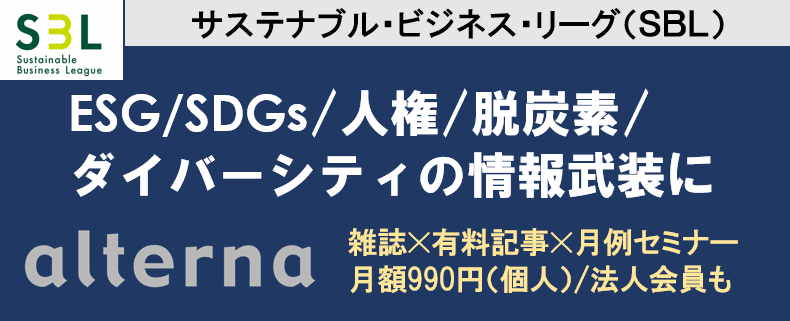

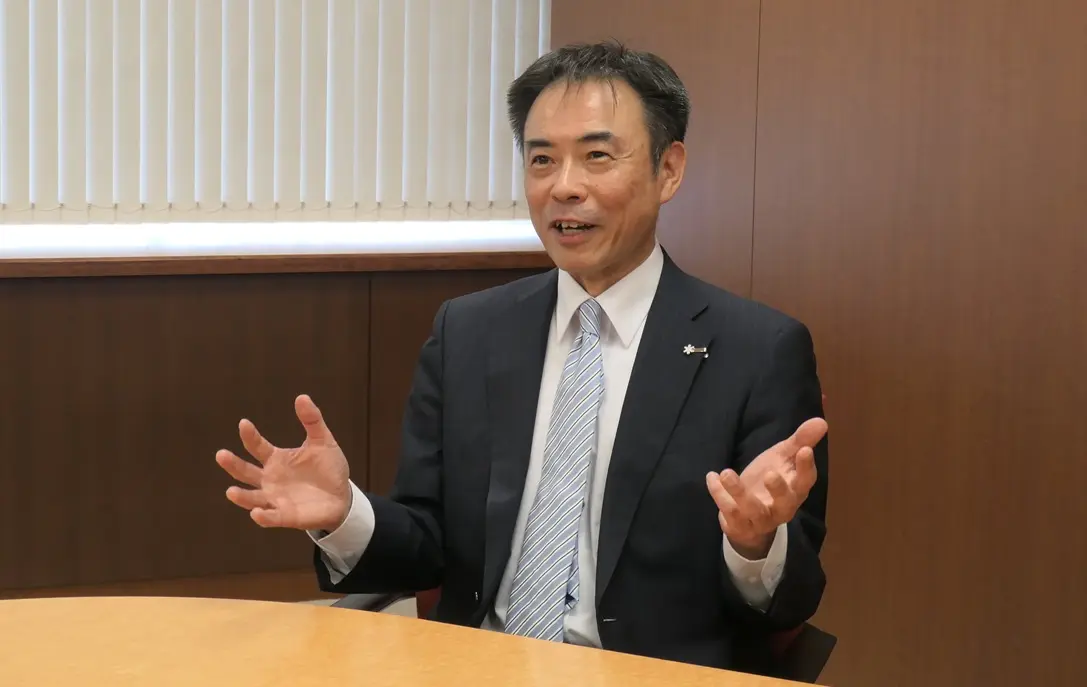
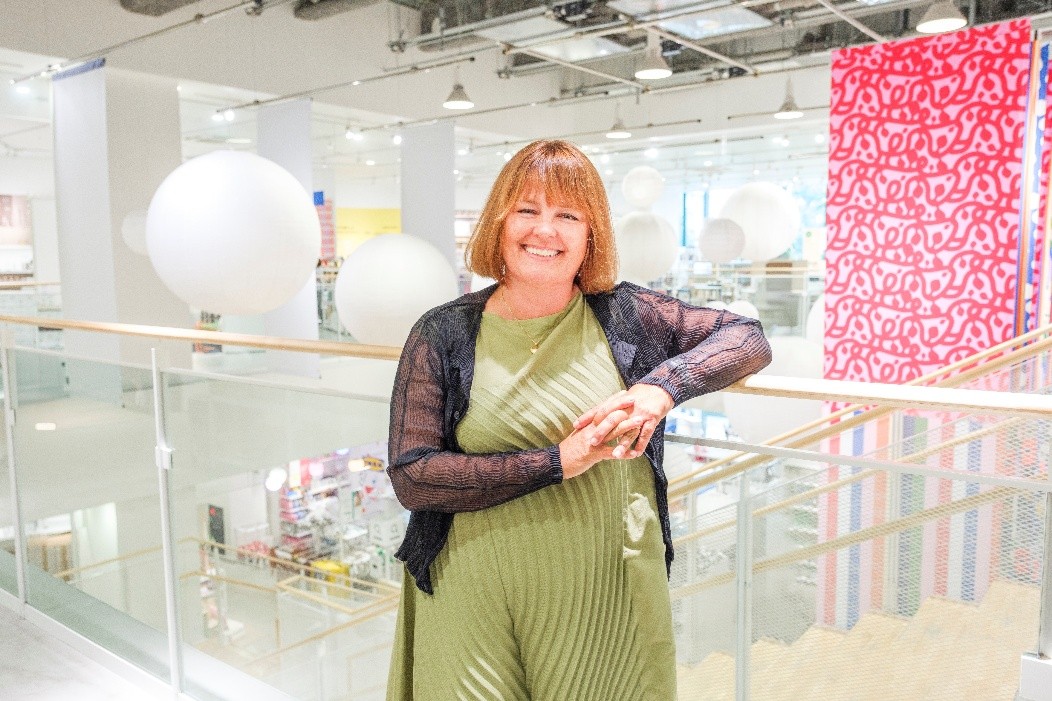
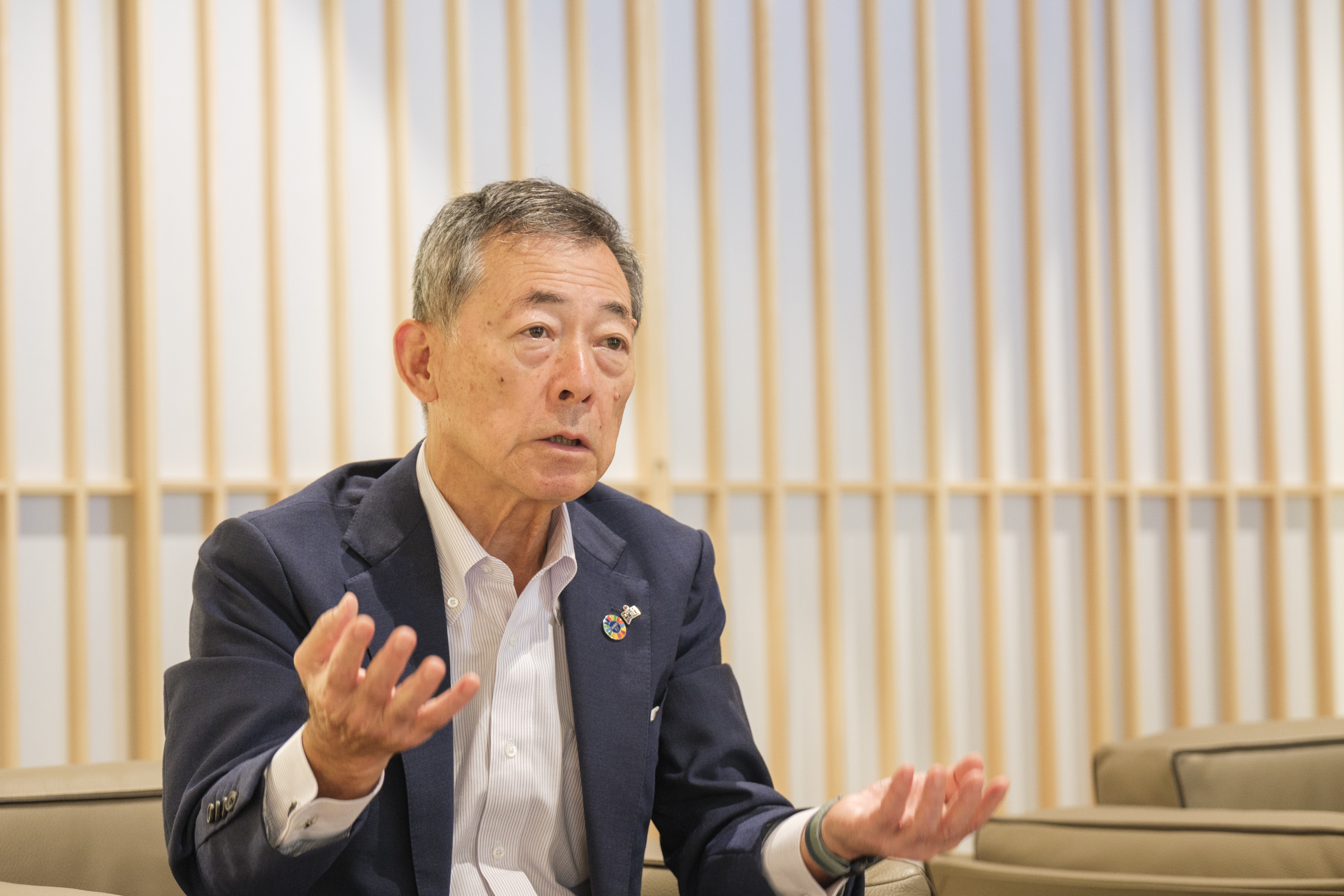
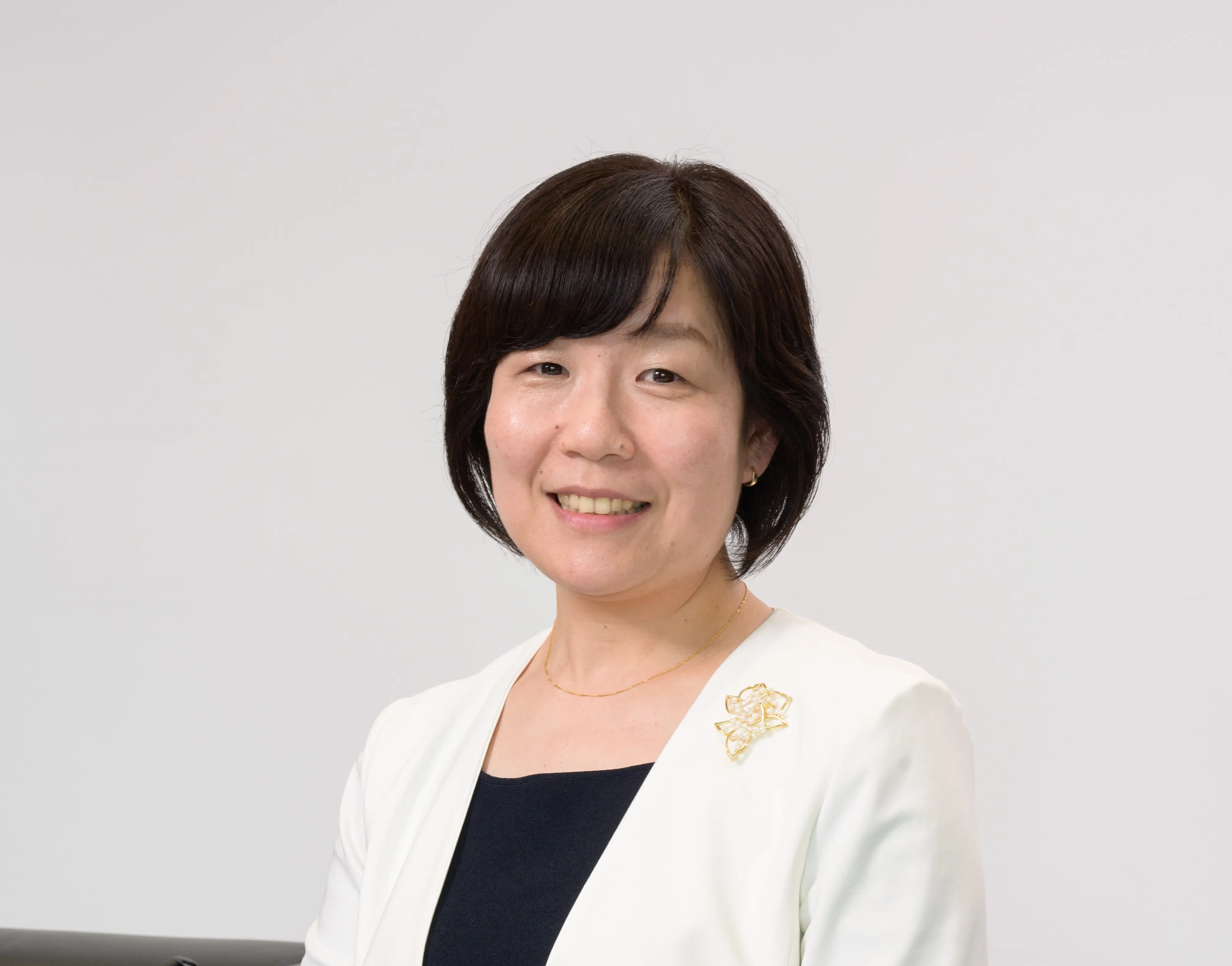


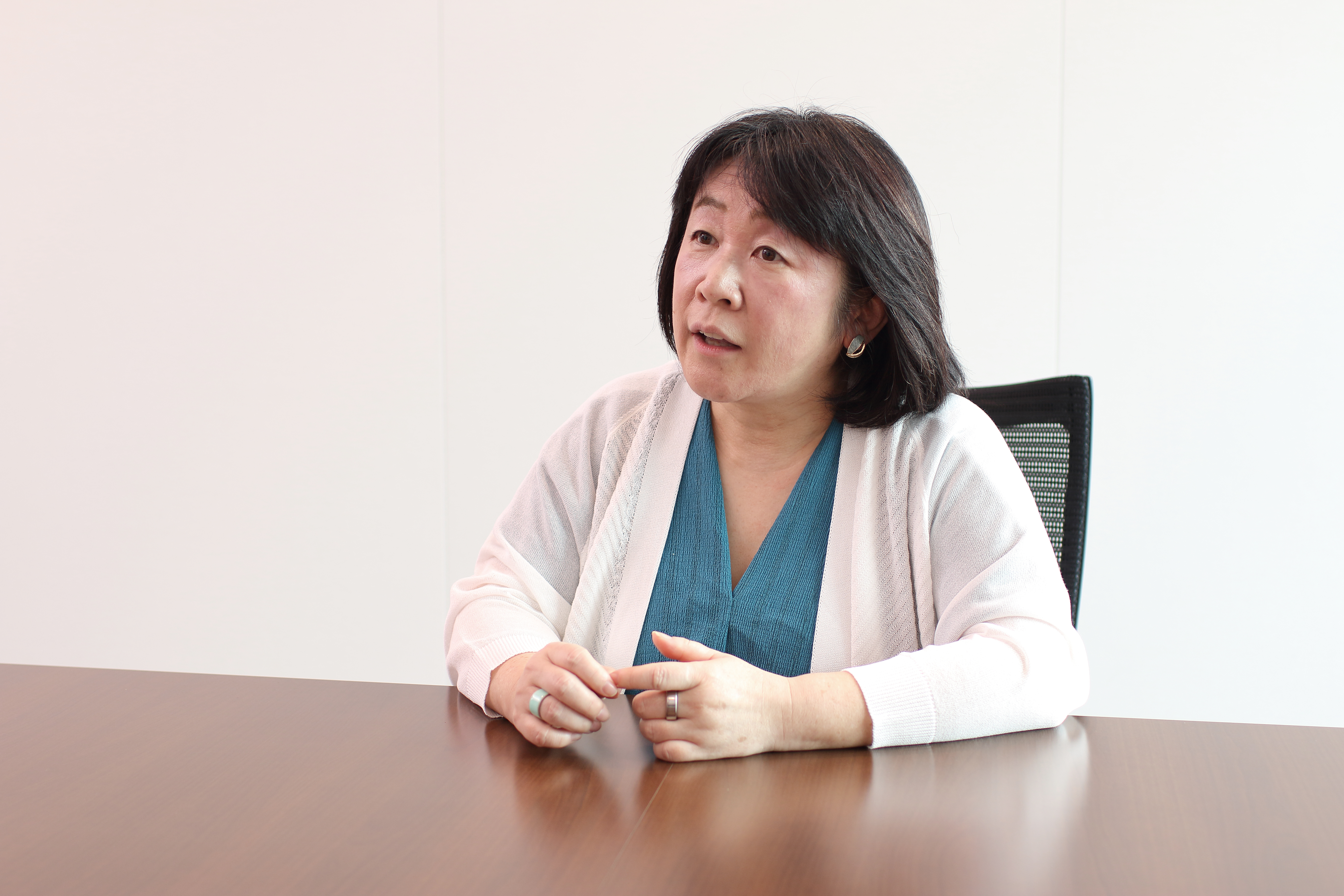
-1-scaled.jpg)
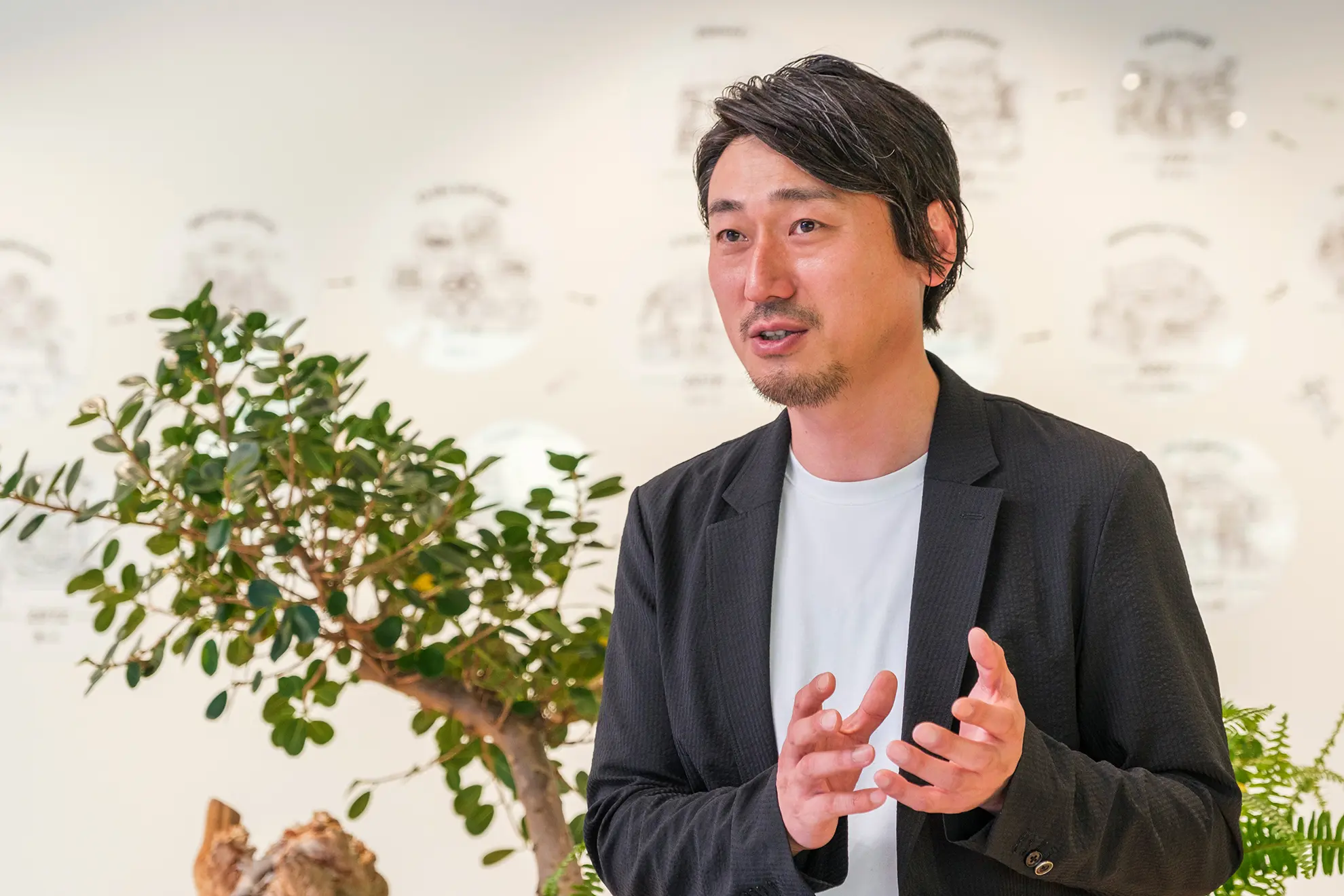
-scaled.jpg)







